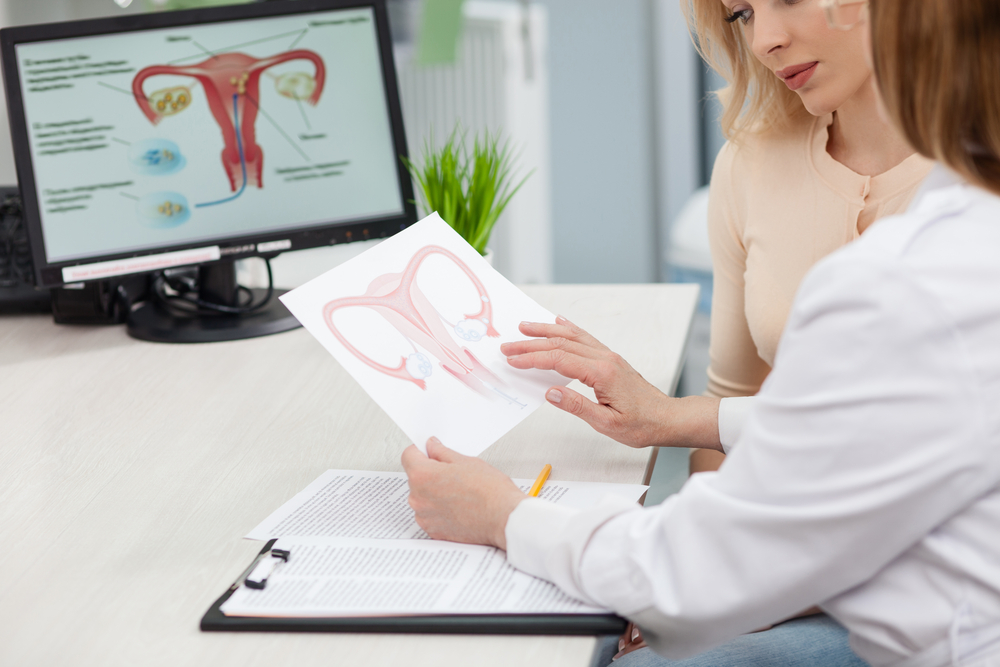If you have the option to forego a hysterectomy, it’s important for you to know that, with hormonal support and changes in lifestyle, there are many alternatives to explore that can take care of heavy bleeding, endometriosis, fibroids, and even polyps.
Current treatment options include:
- Medical/hormonal management
- D&C and hysteroscopy
- Endometrial ablation
- MRI–guided focused ultrasound (MRgFUS)
- Laparoscopy and endometriosis excision
- Myomectomy
- Uterine artery embolization (UAE)
The actual success rates of these techniques differ greatly according to the patient and the support that is given pre and post-surgery, so it’s important to support whatever method you personally pursue with the healthiest lifestyle choices you can. A lot of women respond wonderfully to the nutritional measures I recommend. Several report how it has helped them make a speedy recovery from a variety of procedures — including hysterectomy!
Looking Ahead
Although heavy bleeding, or even a diagnosis of fibroids, may be disconcerting it is seldom necessary for a woman to jump into surgery quickly. Considering additional options and techniques may guide you in a different direction with different results.
Since hysterectomy and fibroids are so common, studies looking into other options are constantly underway, and new techniques are being developed and studied in many parts of the world. Although the results of these innovations may be mixed, the good news is that these less invasive techniques do work for a number of women.
Unfortunately – for reasons that are unclear – no truly scientific, randomized double blind studies have yet been done to fully evaluate the various hysterectomy alternatives, their side effects, risks, and benefits. Nor are any such studies currently being planned, though some observational studies on UAE (the surgery Dr. Condoleeza Rice had in 2004) have been done, comparing outcome satisfaction, failure rates, and cost compared to traditional hysterectomy methods. Visit the UAE Fibroid Registry at the SIR website for more information.
What Can You Consider Now?
We understand that many women have a choice when it comes to a hysterectomy; it may not necessarily be their destiny. In my practice, I explore natural and less-invasive options and alternatives before stating that surgery is the only course of action. However, I also know when surgery is necessary. Did you know that certain women feel amazing after they have had a hysterectomy? Not only that, but those women suffer no side effects.
In case you do decide on surgery, we suggest preparing yourself in advance to increase your chances of a positive experience. Whether you opt for a nonsurgical alternative or you’re awaiting your date, investigate the measures you can take immediately to boost your nutrition, reduce your recovery time, and balance your hormones. The bottom line is – do what is necessary to feel well, whether that includes surgery or not; but know that using pharmaceutical nutrient support, making lifestyle changes and trying phytotherapy can all make the experience even better.








